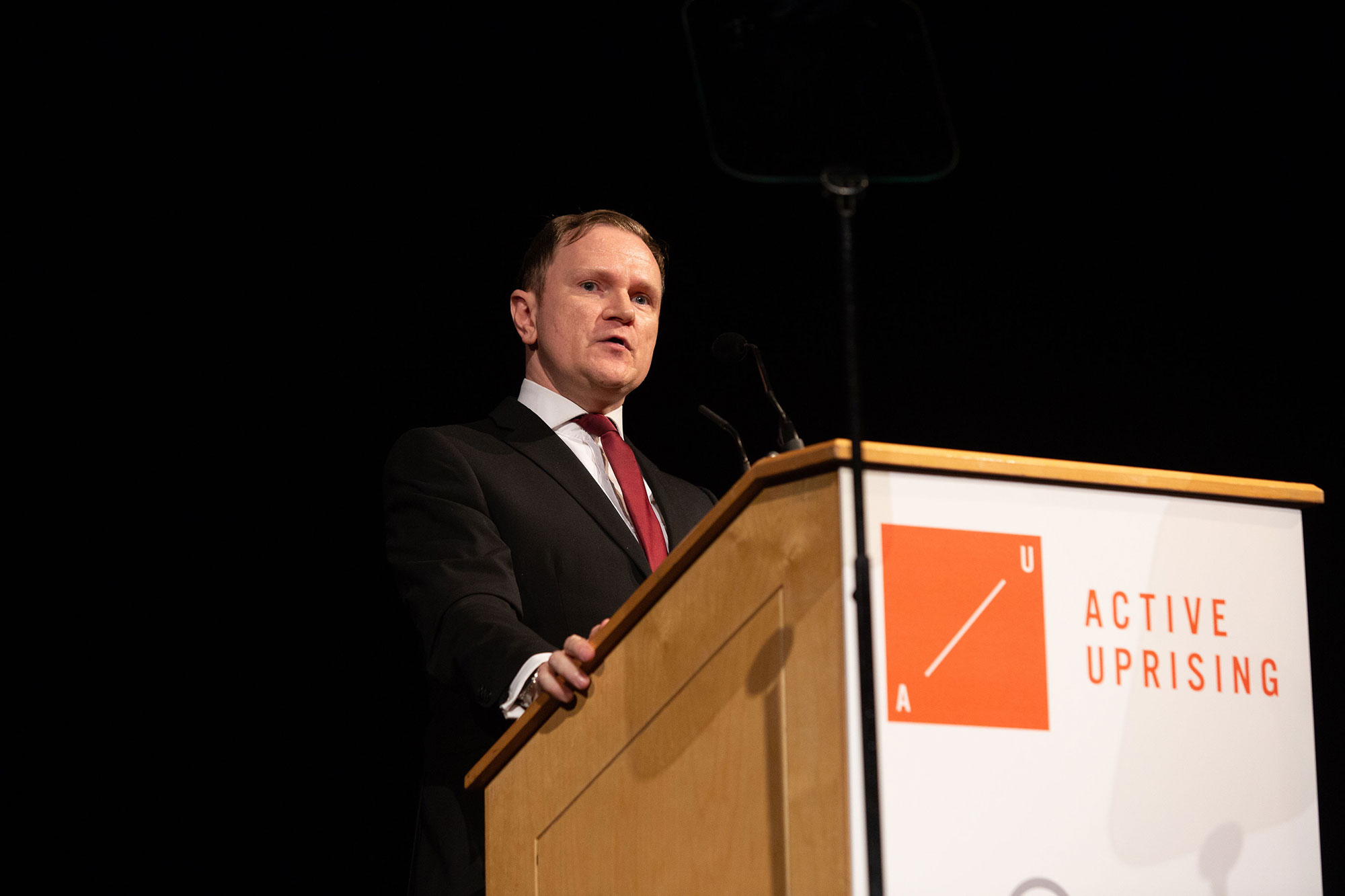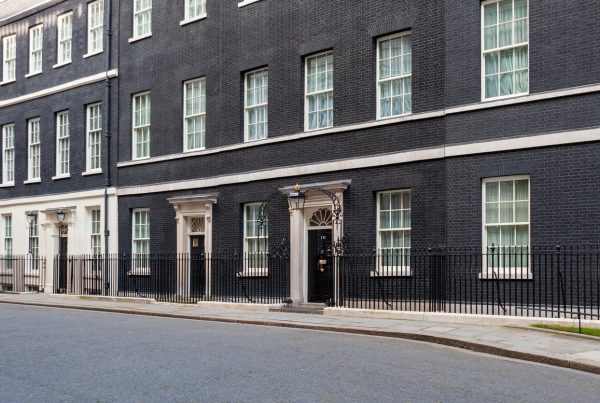By Huw Edwards, CEO of ukactive
When Professor Chris Whitty spoke at the ukactive Conference in November 2020 he made very clear the importance of physical activity to our lives. “There is no point in life where doing more exercise does not improve health in multiple ways, ” he said, before adding, “as we come out of the Covid crisis, it’s very important we try to get people who’ve got out of the habit of regular exercise back into a situation where they’re doing so, and encourage others who’ve taken up exercise in a way they previously hadn’t, to continue to do so.”
But in the past few weeks our political leaders have not heeded this expert advice from the Chief Medical Officer in England. The decision to exclude support for gyms, pools and leisure centres from the latest Covid financial support package threatens a growing number of facilities with closure – particularly those in city centres which have suffered the greatest loss in footfall due the Omicron guidance. These decisions are regressive and will harm our public health, especially now, in the depths of winter, during a vital time in the year when this essential sector is on the frontline, providing safe facilities and spaces to support community health needs.
For far too long national policy on physical activity has been reactionary, muddled, and restrictive, and this urgently needs to change. This was reinforced recently by a House of Lords Committee that said the Westminster governments had overseen an “uncoordinated and fragmented” sport and physical activity strategy that failed to deliver change.
And let’s be clear; this isn’t about lack of evidence on the value of physical activity. There is a library’s worth of evidence which many organisations champion on a daily basis. Here are three of the most powerful statistics:
- Every £1 spent on sport and physical activity generates almost £4 in return across health and wellbeing, stronger communities and the economy.
- £42bn of social value is generated by the sector each year by improving the mental wellbeing of the population.
- 30 million additional GP visits are prevented each year.
As we begin 2022, the focus on participation in physical activity is likely to grow. This summer we host both the Women’s Euros and the Commonwealth Games, which are global celebrations of elite sport. Yet a large shadow will be cast over these major sporting events while large tranches of the infrastructure that supports our national physical activity levels remain under constant threat of closure.
So things need to change and they can change.
Firstly, and in the case of Westminster, we need to see all Government departments acknowledge their role in supporting the physical activity of the nation. It’s unfair and wrong to determine DCMS as having exclusive accountability for this agenda – it doesn’t. The Treasury’s use of the tax system, investment in infrastructure via the Levelling Up Department, and the promotion of physical activity from the Department of Health are equally important to the work of DCMS.
Secondly, we need to stop conflating elite sport, inspiration, and population changes in activity. This conflation is to the detriment of everyone and means our sector has fallen short of playing its fullest role in society. It has created false hopes on matters such as ‘legacy’ from major sporting moments. It has also deflected important focus away from the parts of our sector that are the lead drivers of activity on a mass scale – with fitness activities and swimming provision becoming essential, alongside walking, cycling, and running.
Thirdly, we need the Government to work with the sector to create a new strategy that brings together the required changes to investment, regulation, and taxation that can grow the reach and impact of sport and physical activity on the physical, mental, and social wellbeing of the nation.
As we start this new year, we remain fully focused on our personal health and wellbeing as we continue to live with the threat of Covid. We also care for the much-loved NHS which continues to meet the challenges of these unprecedented times. Ultimately, the best way to help the NHS is stop people needing it so much, and dampening down the need for people seeking treatment. Sport and physical activity can play such a bigger role in doing that, and if there is political will, we can make it a reality.
This article was originally published by the Daily Telegraph on 7 January, 2022.

More People More Active More Often




